Como ya se acercan las fechas de Halloween, qué mejor ocasión esta para recordar un poema muy conocido, si no el más conocido de Edgar Allan Poe. El Cuervo es un largo poema que encierra una historia de misterio. Un texto lleno de referencias que va subiendo en intriga a medida que se va leyendo.
EL CUERVO – EDGAR ALLAN POE
The Crow
Once upon a midnight dreary, while I pondered, weak and weary,
Over many a quaint and curious volume of forgotten lore—
While I nodded, nearly napping, suddenly there came a tapping,
As of some one gently rapping, rapping at my chamber door.
“’Tis some visitor,” I muttered, “tapping at my chamber door—
Only this and nothing more.”
Ah, distinctly I remember it was in the bleak December;
And each separate dying ember wrought its ghost upon the floor.
Eagerly I wished the morrow;—vainly I had sought to borrow
From my books surcease of sorrow—sorrow for the lost Lenore—
For the rare and radiant maiden whom the angels name Lenore—
Nameless here for evermore.
And the silken, sad, uncertain rustling of each purple curtain
Thrilled me—filled me with fantastic terrors never felt before;
So that now, to still the beating of my heart, I stood repeating
“’Tis some visitor entreating entrance at my chamber door—
Some late visitor entreating entrance at my chamber door;—
This it is and nothing more.”
Presently my soul grew stronger; hesitating then no longer,
“Sir,” said I, “or Madam, truly your forgiveness I implore;
But the fact is I was napping, and so gently you came rapping,
And so faintly you came tapping, tapping at my chamber door,
That I scarce was sure I heard you”—here I opened wide the door;—
Darkness there and nothing more.
Deep into that darkness peering, long I stood there wondering, fearing,
Doubting, dreaming dreams no mortal ever dared to dream before;
But the silence was unbroken, and the stillness gave no token,
And the only word there spoken was the whispered word, “Lenore?”
This I whispered, and an echo murmured back the word, “Lenore!”—
Merely this and nothing more.
Back into the chamber turning, all my soul within me burning,
Soon again I heard a tapping somewhat louder than before.
“Surely,” said I, “surely that is something at my window lattice;
Let me see, then, what thereat is, and this mystery explore—
Let my heart be still a moment and this mystery explore;—
’Tis the wind and nothing more!”
Open here I flung the shutter, when, with many a flirt and flutter,
In there stepped a stately Raven of the saintly days of yore;
Not the least obeisance made he; not a minute stopped or stayed he;
But, with mien of lord or lady, perched above my chamber door—
Perched upon a bust of Pallas just above my chamber door—
Perched, and sat, and nothing more.
Then this ebony bird beguiling my sad fancy into smiling,
By the grave and stern decorum of the countenance it wore,
“Though thy crest be shorn and shaven, thou,” I said, “art sure no craven,
Ghastly grim and ancient Raven wandering from the Nightly shore—
Tell me what thy lordly name is on the Night’s Plutonian shore!”
Quoth the Raven “Nevermore.”
Much I marvelled this ungainly fowl to hear discourse so plainly,
Though its answer little meaning—little relevancy bore;
For we cannot help agreeing that no living human being
Ever yet was blessed with seeing bird above his chamber door—
Bird or beast upon the sculptured bust above his chamber door,
With such name as “Nevermore.”
But the Raven, sitting lonely on the placid bust, spoke only
That one word, as if his soul in that one word he did outpour.
Nothing farther then he uttered—not a feather then he fluttered—
Till I scarcely more than muttered “Other friends have flown before—
On the morrow he will leave me, as my Hopes have flown before.”
Then the bird said “Nevermore.”
Startled at the stillness broken by reply so aptly spoken,
“Doubtless,” said I, “what it utters is its only stock and store
Caught from some unhappy master whom unmerciful Disaster
Followed fast and followed faster till his songs one burden bore—
Till the dirges of his Hope that melancholy burden bore
Of ‘Never—nevermore’.”
But the Raven still beguiling all my fancy into smiling,
Straight I wheeled a cushioned seat in front of bird, and bust and door;
Then, upon the velvet sinking, I betook myself to linking
Fancy unto fancy, thinking what this ominous bird of yore—
What this grim, ungainly, ghastly, gaunt, and ominous bird of yore
Meant in croaking “Nevermore.”
This I sat engaged in guessing, but no syllable expressing
To the fowl whose fiery eyes now burned into my bosom’s core;
This and more I sat divining, with my head at ease reclining
On the cushion’s velvet lining that the lamp-light gloated o’er,
But whose velvet-violet lining with the lamp-light gloating o’er,
She shall press, ah, nevermore!
Then, methought, the air grew denser, perfumed from an unseen censer
Swung by Seraphim whose foot-falls tinkled on the tufted floor.
“Wretch,” I cried, “thy God hath lent thee—by these angels he hath sent thee
Respite—respite and nepenthe from thy memories of Lenore;
Quaff, oh quaff this kind nepenthe and forget this lost Lenore!”
Quoth the Raven “Nevermore.”
“Prophet!” said I, “thing of evil!—prophet still, if bird or devil!—
Whether Tempter sent, or whether tempest tossed thee here ashore,
Desolate yet all undaunted, on this desert land enchanted—
On this home by Horror haunted—tell me truly, I implore—
Is there—is there balm in Gilead?—tell me—tell me, I implore!”
Quoth the Raven “Nevermore.”
“Prophet!” said I, “thing of evil!—prophet still, if bird or devil!
By that Heaven that bends above us—by that God we both adore—
Tell this soul with sorrow laden if, within the distant Aidenn,
It shall clasp a sainted maiden whom the angels name Lenore—
Clasp a rare and radiant maiden whom the angels name Lenore.”
Quoth the Raven “Nevermore.”
“Be that word our sign of parting, bird or fiend!” I shrieked, upstarting—
“Get thee back into the tempest and the Night’s Plutonian shore!
Leave no black plume as a token of that lie thy soul hath spoken!
Leave my loneliness unbroken!—quit the bust above my door!
Take thy beak from out my heart, and take thy form from off my door!”
Quoth the Raven “Nevermore.”
And the Raven, never flitting, still is sitting, still is sitting
On the pallid bust of Pallas just above my chamber door;
And his eyes have all the seeming of a demon’s that is dreaming,
And the lamp-light o’er him streaming throws his shadow on the floor;
And my soul from out that shadow that lies floating on the floor
Shall be lifted—nevermore!
El Cuervo (con audio)
Hubo una vez, en una triste medianoche, mientras reflexionaba, débil y cansado,
sobre un montón de peculiares y extraños volúmenes de olvidada sabiduría—
mientras cabeceaba, casi dormido, escuché de repente un leve repiqueteo,
como si alguien sutilmente golpease, llamando a la puerta de mi habitación.
«Es algún invitado» murmuré, «dando golpecitos en la puerta de mi habitación—
solo esto y nada más.»
Ah, claramente recuerdo que fue ese crudo diciembre;
y cada separada brasa reflejaba su fantasma en el suelo.
Con impaciencia esperaba el día siguiente;— inútilmente traté de pedir prestado
de mis libros un alivio al dolor— a la angustia por la pérdida de Leonor—
por la extraña y radiante doncella a quien los ángeles llaman Leonor—
Anónima aquí por siempre jamás.
Y el sedoso, triste e indeciso crujido de cada cortina púrpura
me emocionó— me llenó de fabulosos temores nunca antes sentidos;
por lo que en ese momento, para calmar el latido de mi corazón, me detuve repitiendo
«Es algún invitado suplicando entrar por la puerta de mi habitación;—
algún tardío invitado suplicando entrar por la puerta de mi habitación;—
Eso es todo y nada más.»
Inmediatamente mi alma creció en firmeza; dejando así de dudar,
«Señor», dije «o Señora, sinceramente le pido perdón;
pero lo cierto es que dormía la siesta, y tan delicadamente llamasteis,
tan ligeramente tocasteis, repicando a la puerta de mi habitación,
que apenas creí escuchaos»— entonces abrí la puerta de par en par;—
La oscuridad y nada más.
Al fondo, dentro de esa oscuridad y mirando fijamente, me quedé esperando un rato, temiendo,
dudando, soñando sueños que ningún mortal osó jamás soñar antes;
pero el silencio fue ininterrumpido, y la quietud no dio señal,
la única palabra pronunciada fue la susurrante «¿Leonor?»
Esto susurré, y un eco murmuró de vuelta la palabra «Leonor»—
Simplemente esto y nada más.
Volviendo a la habitación, mi alma entera en mí ardiendo,
de pronto escuché otra vez un golpeteo un tanto más fuerte que antes.
«Sin duda», dije, «indudablemente es algo en el alféizar de mi ventana;
veamos, entonces, qué sucede allí, y este misterio investigaré—
Permite que mi corazón se tranquilice un momento y este misterio investigaré;—
¡Es el viento y nada más!»
Abrí así de golpe la persiana, cuando con mucho coqueteo y aleteo,
entró allí un majestuoso Cuervo con la santidad de los días pasados;
ni la más mínima reverencia hizo; ni un minuto se detuvo o se quedó;
aunque, con aires de señor o señora, se encaramó encima de la puerta de mi habitación—
Se posó sobre un busto de Pallas apenas por encima de la puerta de mi habitación—
Se posó y se sentó, y nada más.
Entonces, este pájaro de ébano cautivó mi triste imaginación hasta la sonrisa,
por los graves y serios modales que su semblante lucía.
«Aunque tu cresta salga trasquilada y rasurada, vos,» dije, «seguro que no te atreves»,
espantoso, siniestro y primitivo Cuervo vagando por la nocturna orilla—
¡Dime que tu grandioso nombre está en la orilla Plutoniana de la Noche!»
El Cuervo dijo «Nunca más.»
Mucho me maravillaba de este ave desgarbada al escuchar un discurso tan claro,
aunque su respuesta significaba poco— su poca relevancia aburría;
no podemos evitar convenir que ningún ser humano vivo
jamás fue bendecido con ver pájaros encima de la puerta de su habitación—
pájaros o bestias sobre el esculpido busto encima de la puerta de la habitación,
con un nombre como «Nunca más.»
Pero el Cuervo, solitariamente sentado en el plácido busto, dijo sólo
esa única palabra, como si su alma con esa única palabra se derramara.
Nada más pronunció— ni una pluma agitó después—
hasta que apenas murmuré «Otros amigos han volado antes—
al día siguiente me dejará, como mis Esperanzas han volado antes.»
Entonces el pájaro dijo «Nunca más.»
Sorprendido por la quietud rota, por la respuesta tan acertadamente dicha,
«Indudable» dije, «lo que pronuncia es sólo el repertorio
cogido de algún infeliz maestro a quien un Desastre sin piedad
siguió velozmente y más rápido, hasta hacer de sus canciones una carga aburrida—
hasta soportar esa carga melancólica de los cantos fúnebres de su Esperanza,
de «‘Nunca— nunca más’.»
Aunque el Cuervo seguía seduciendo toda mi fantasía sonriente,
directo, empujé un acolchado asiento frente al pájaro, el busto y la puerta;
entonces, sobre el hundido terciopelo, me puse yo mismo a relacionar
de fantasía en fantasía, pensando lo que este siniestro pájaro del pasado—
lo que este lúgubre, desgarbado, horrendo, demacrado, y siniestro pájaro del pasado
quería decir graznando «Nunca más.»
En esto, me senté enfrentado adivinando, pero sin expresar silaba alguna,
al pájaro cuyos exaltados ojos ardían ya en lo más profundo de mi pecho;
esto y más, sentado, adivinando con mi cabeza reclinada cómodamente
en el forro del colchón aterciopelado con el que la luz de la lámpara se regodeaba,
pero en cuyo forro aterciopelado violeta, con esa lámpara se jactaba
ella presionará, ¡ah, nunca más!
Entonces, pareciome, el aire se volvió más denso, perfumado por un invisible incensario
balanceándose por los Serafines cuyas pisadas tintineaban sobre el acolchado suelo.
«Miserable» grité, «tu Dios te ha dado— con esos ángeles él te ha enviado
un respiro— un respiro y nepente* con tus recuerdos de Leonor;
beberemos, ¡oh beberemos esta clase de nepente y olvidaré a la presente y perdida Leonor!»
El Cuervo dijo «Nunca más.»
«¡Profeta!» dije yo, «¡criatura del demonio!— ¡profeta silencioso, aunque pájaro o demonio!
si el Tentador te ha enviado, o si la tempestad te ha arrojado hasta la orilla,
desolado pero impávido, de esta desértica tierra encantada—
de esta casa por el Horror embrujada— dime la verdad, te imploro—
Existe— ¿Hay bálsamo en Gilead*? dime— ¡cuéntame, te imploro!»
El Cuervo dijo «Nunca más.»
«¡Profeta!» dije, «¡criatura del demonio!— ¡profeta silencioso, aunque pájaro o demonio!
por este Cielo que se curva sobre nosotros— por este Dios que ambos adoramos—
dile a este alma cargada de pena si, dentro del lejano Edén,
tendrá en sus brazos a una santa doncella a quien los ángeles llaman Leonor—
en sus brazos a una singular dama a quien los ángeles llaman Leonor.»
El Cuervo dijo «Nunca más.»
«¡Sea esa palabra nuestro signo de despedida, pájaro o demonio!» chillé, presuntuosamente—
«¡Regresa a la tempestad y a la orilla Plutoniana de la Noche!
¡No dejes ni un penacho negro como muestra de esa mentira que tu alma ha dicho!
¡deja mi soledad intacta!— ¡Sal del busto sobre mi puerta!
¡Aparta tu pico de mi corazón, y aleja tu silueta de mi puerta!
El Cuervo dijo «Nunca más.»
Y el Cuervo, siquiera revoloteó, aún está sentado, silencioso está sentado
sobre el pálido busto de Pallas justo encima de la puerta de mi habitación;
y sus ojos tienen el semblante de un demonio que está soñando,
y la lámpara sobre él alumbra proyectando su sombra en el suelo;
y mi alma, como caída de esa sombra que yace flotando en el suelo
se eleva — ¡Nunca más!
Si quieres tener el audiolibro completo lo puedes conseguir aquí.
Notas*. Poe también menciona al Bálsamo de la Meca, una referencia al Libro de Jeremías de la Biblia: «no hay bálsamo en Gilead; ¿no hay ningún médico ahí? ¿Por qué no se ha recobrado entonces la salud de la hija de mi pueblo?»20 En ese contexto, el bálsamo de Gilead es una resina usada para fines medicinales (lo cual sugiere, quizá, que el narrador necesita ser curado después de la pérdida de Leonor). Él también refiere a «Aidenn», otra palabra del Jardín del Edén, aunque Poe la usa para preguntar si Leonor ha sido aceptada en el paraíso. Por otro lado, el narrador imagina que un serafín ha entrado en la habitación. Piensa que ellos intentan llevarse sus recuerdos de Leonor, para lo cual utilizan nepenthe, una droga mencionada en la Odisea de Homero para inducir el olvido. (Wikipedia)
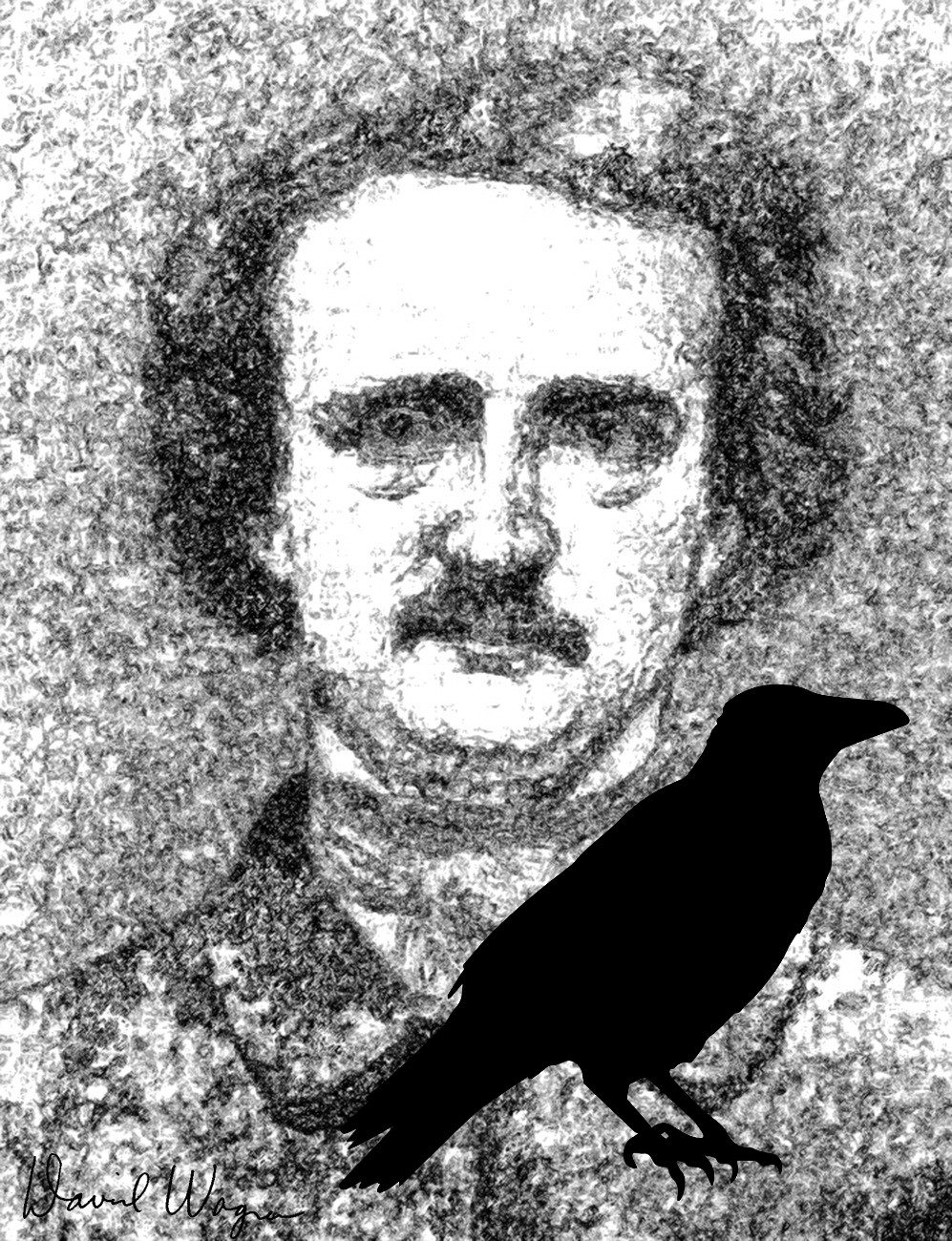


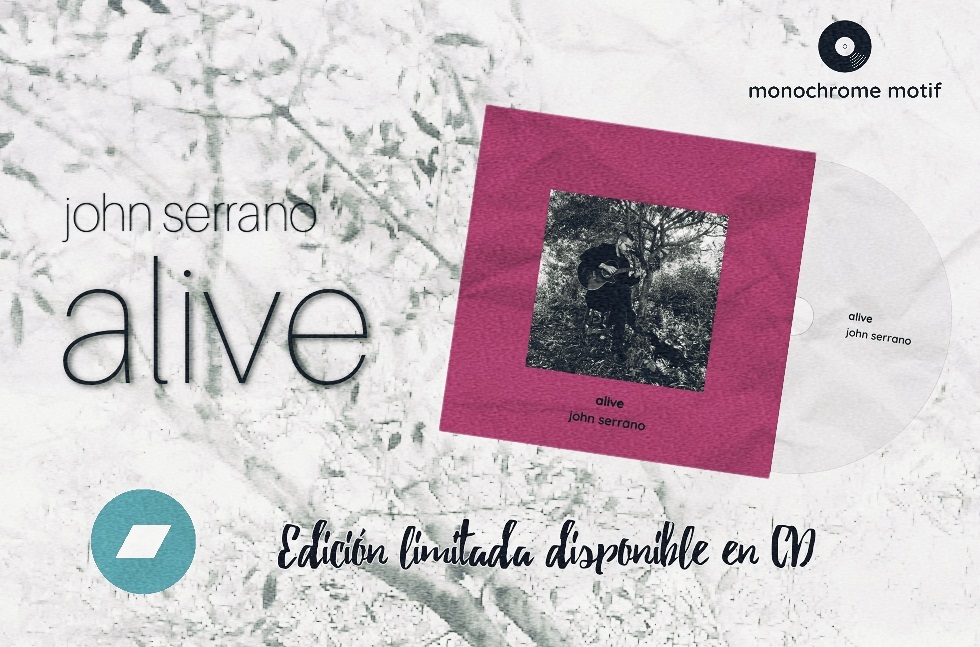




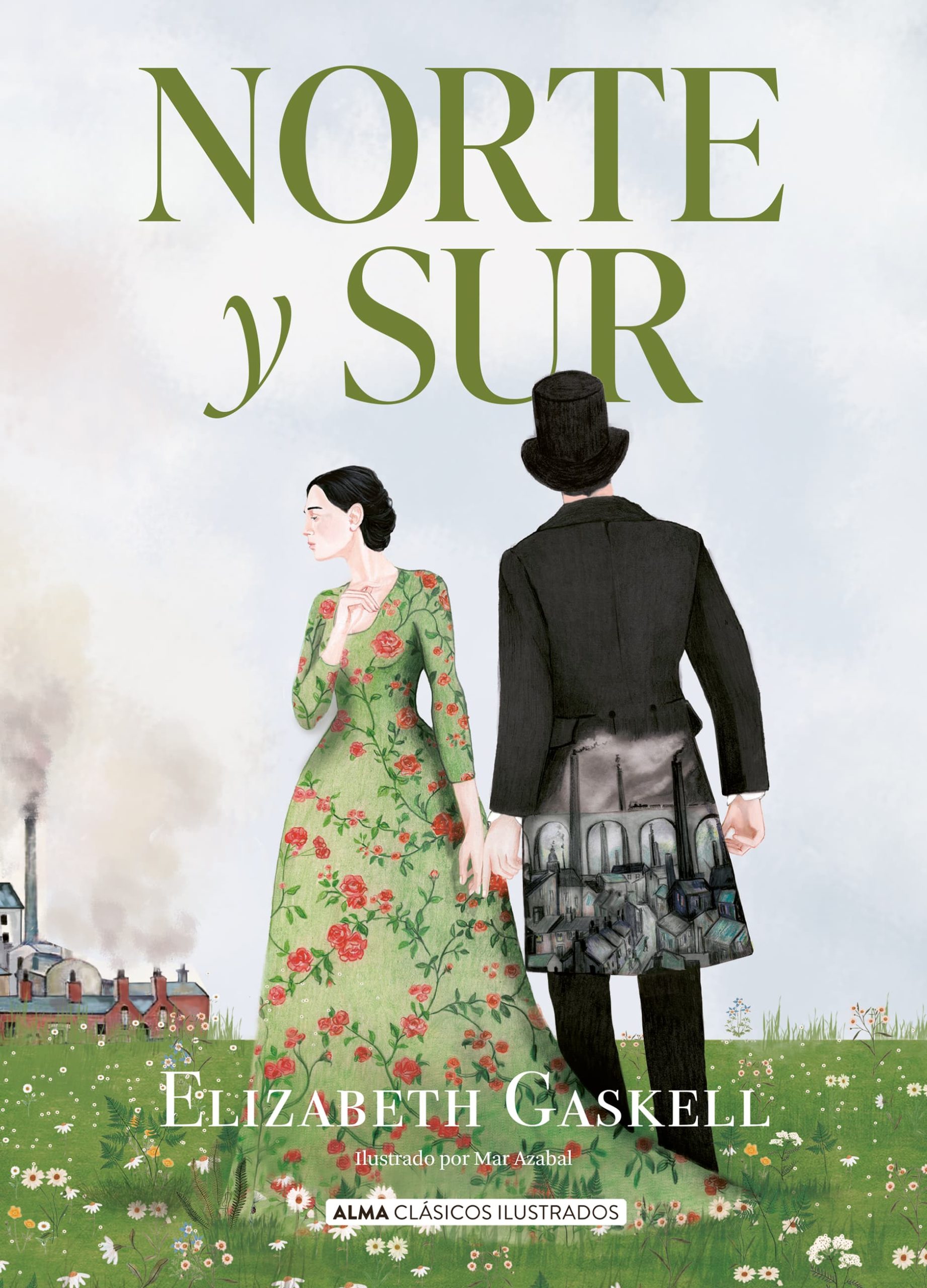

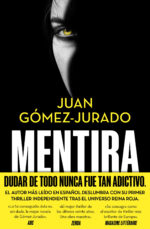





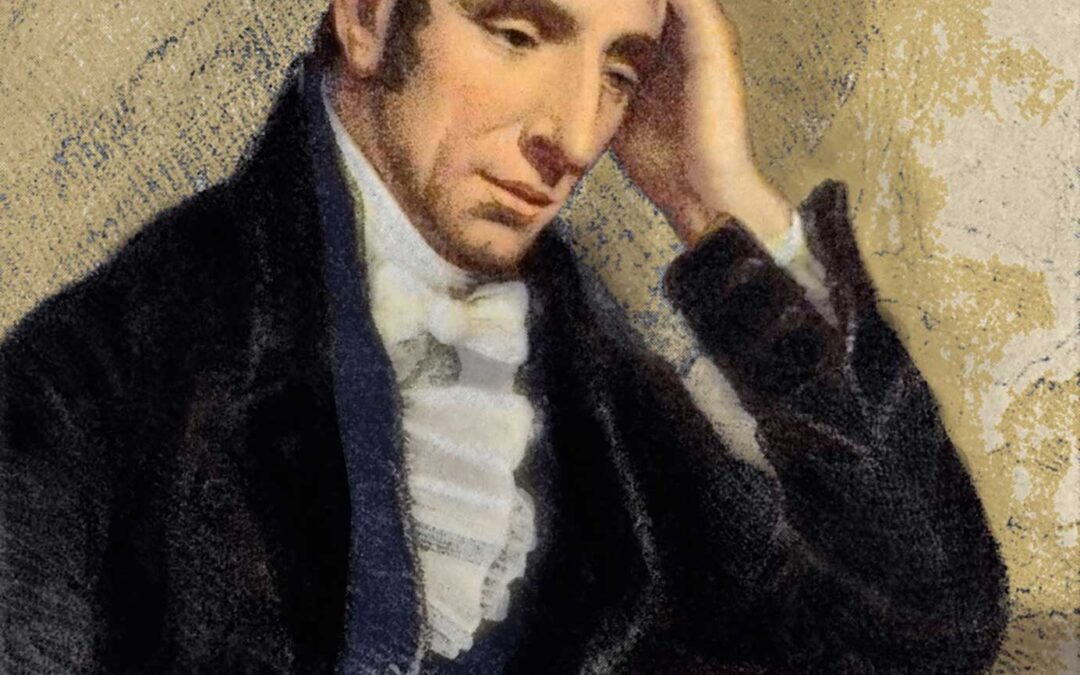
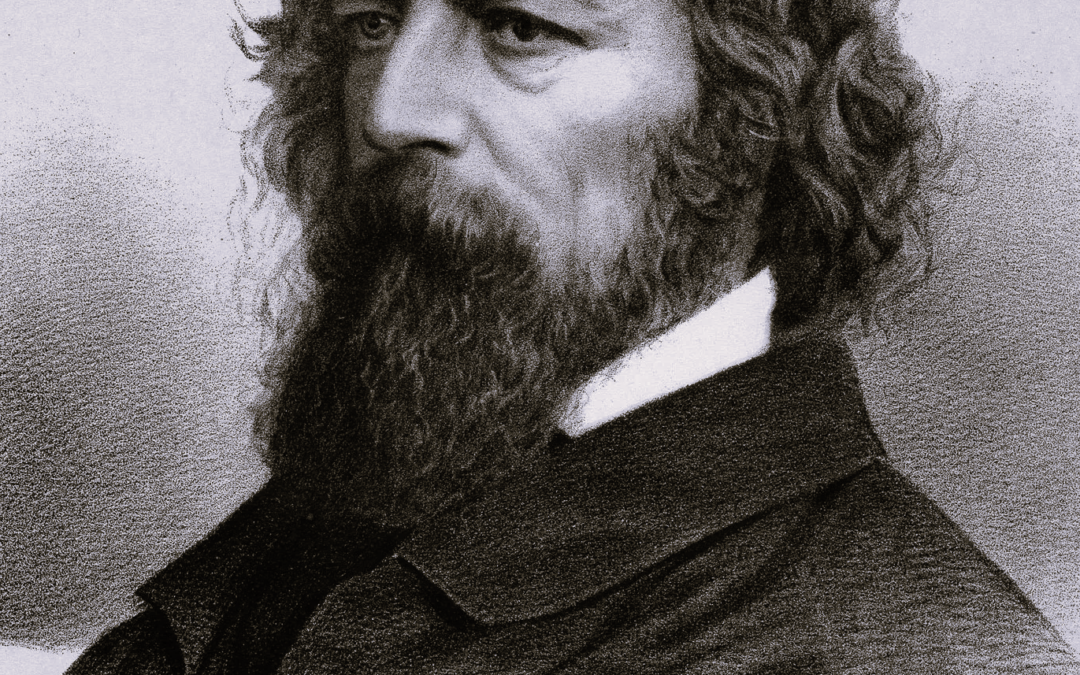
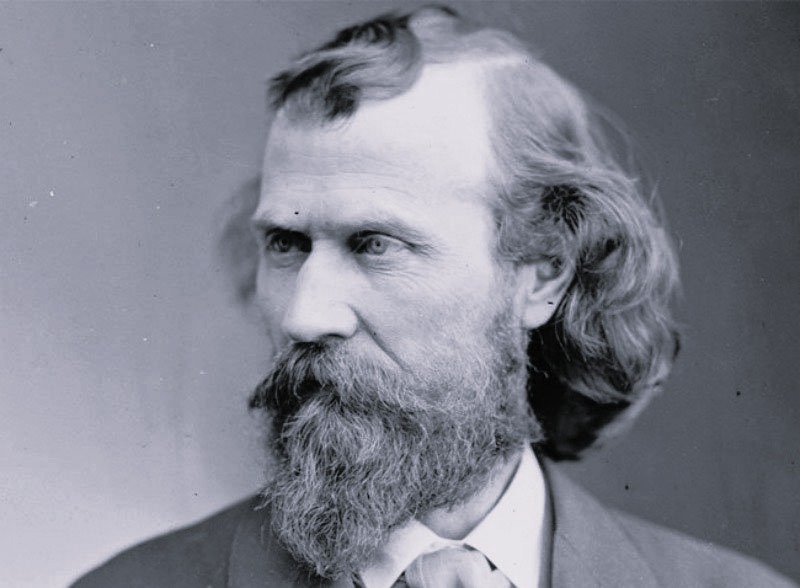
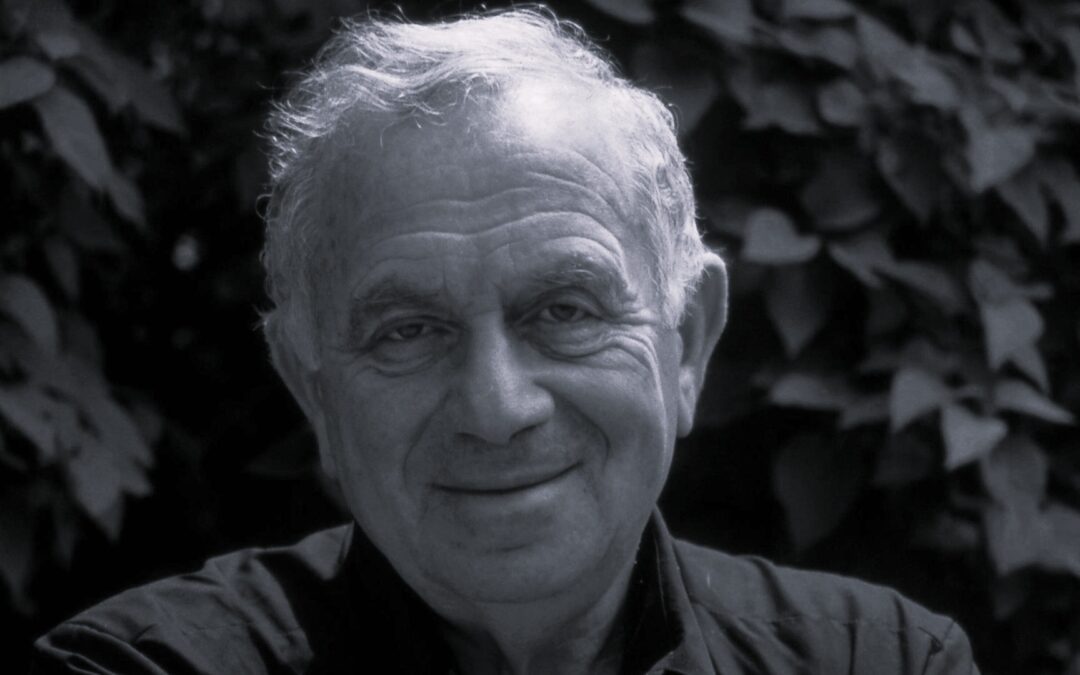
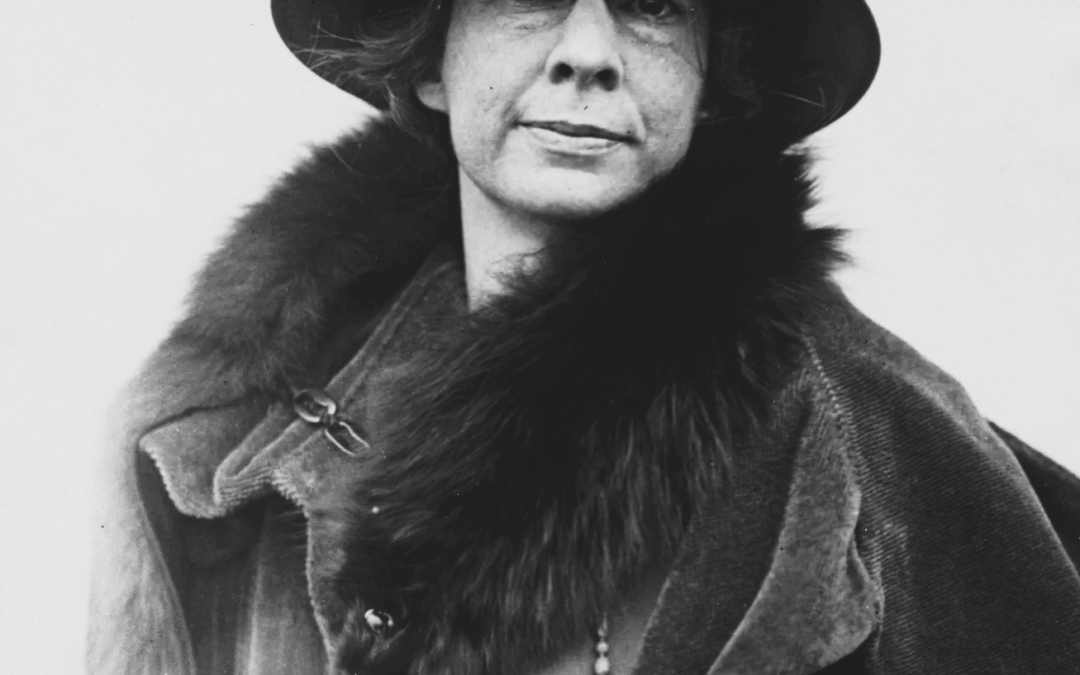

0 comentarios